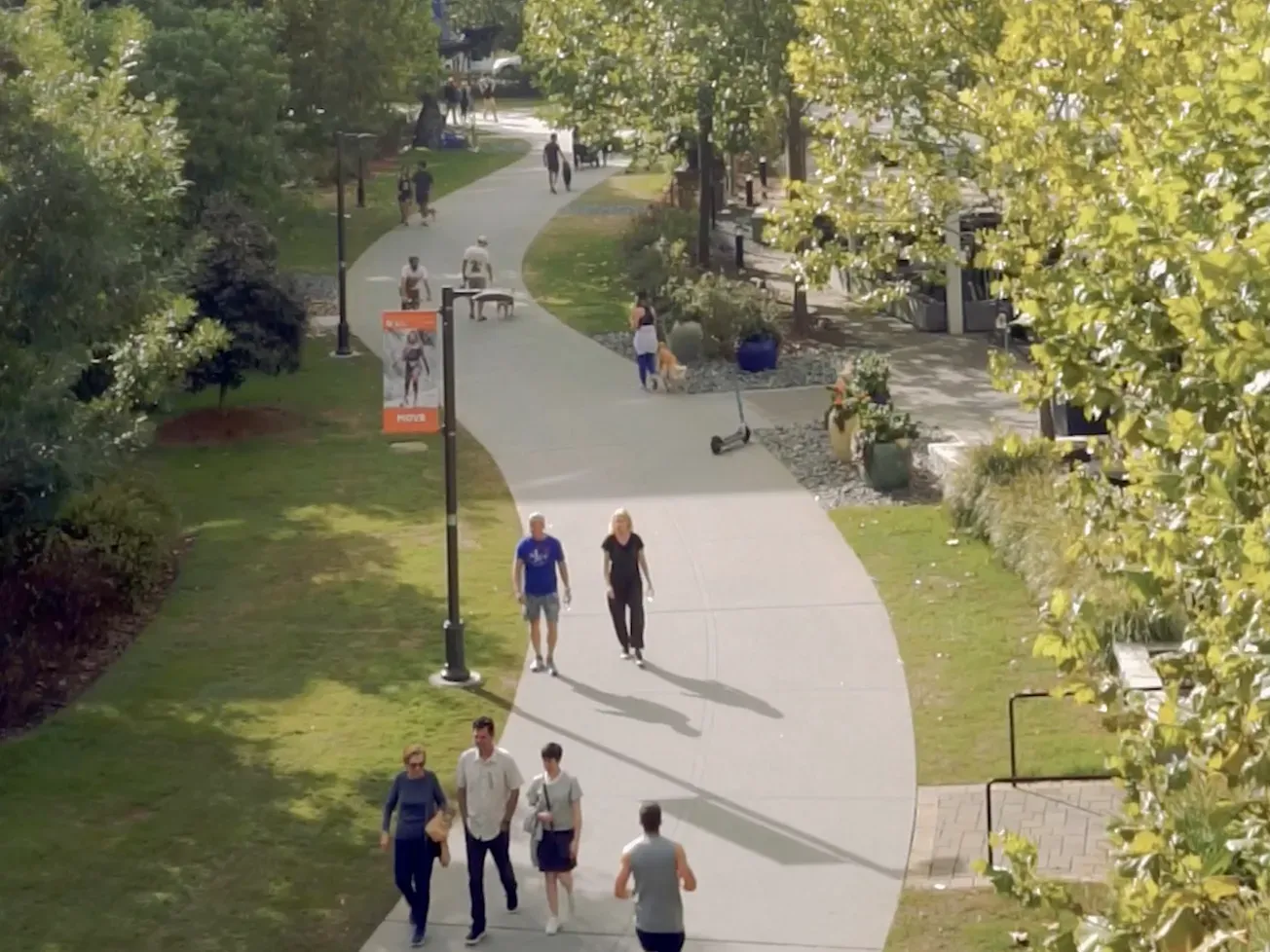
Outfoxing Doxing: Why We Should Criminalize Vigilante Harassment on the Internet: Part One
Doxing does not always involve a sophisticated hacker exposing stolen information to the world. Doxing can be as simple as someone publishing a phone number or other personal details. Yet, the consequences go far beyond annoying emails or phone calls.















